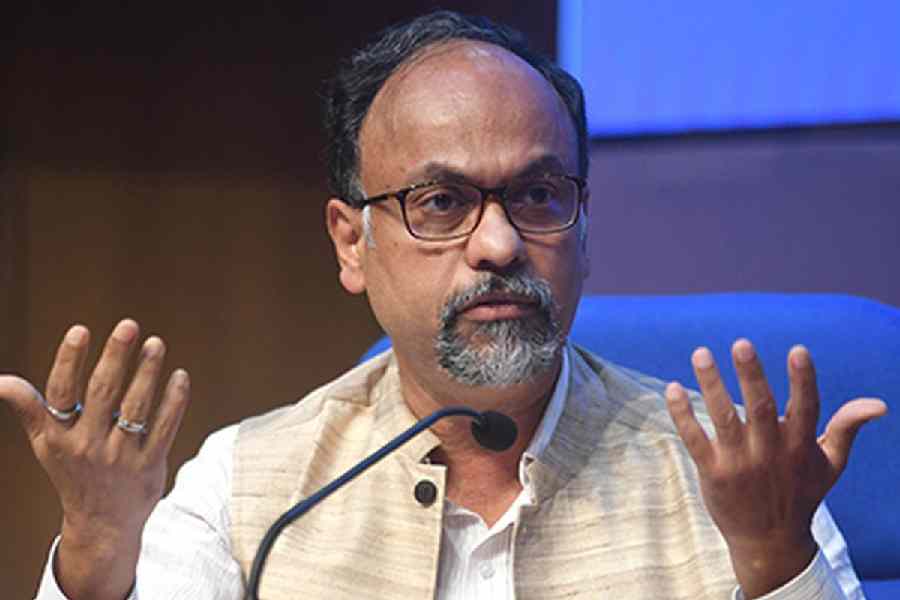IRDAI chairman Debashish Panda has said it is an “opportune time” to introduce 100 per cent foreign direct investment (FDI) in the capital-intensive insurance sector.
With the industry growing at over 15 per cent, greater capital injection could avoid the risk of crowding out and allow companies to independently decide on their growth plans.
“A 100 per cent FDI if allowed, along with growth capital will bring in global expertise, capacity and technology. Perhaps this has become an opportune time for having 100 per cent FDI.
“The players can plan their biz independently, decide on growth plans, what kind of business they want to underwrite and infuse capital promptly and easily,” Panda told CNBC TV 18.
The cap on FDI in the insurance sector was increased to 74 per cent from 49 per cent in 2021. However, the move has not garnered much interest among insurance players.
In 2022, Ageas Federal Life Insurance became the first life insurer to have 74 per cent foreign shareholding following the exit of IDBI Bank which sold its entire 25 per cent stake to Ageas Insurance International NV.
In 2024, Zurich Insurance announced the acquisition of 70 per cent of Kotak General Insurance. Sanlam has also increased its stake in Shriram General Insurance and Shriram Life Insurance to approximately 51 per cent and 54 per cent, respectively.
A Swiss Re report estimates that over the next five years (2024-28), insurance premiums in India will grow 7.1 per cent in real terms, above the global average growth rate of 2.4 per cent, emerging markets growth rate of 5.1 per cent and advanced economy growth rate of 1.7 per cent.
“At this rate, India will have the fastest growing insurance sector of the G20 countries. We expect robust growth in life business, supported by rising demand for term life cover by the middle-class and the country’s young population, and also increasing industry adoption of insurtech,” the report said.
“Non-life premiums are forecast to grow by an annual average of 8.3 per cent during 2024-28, driven by economic growth, improvement in distribution channels, government support and a favourable regulatory environment,” SwissRe said.
“If that is the scale and size with which Indian markets will grow, obviously adequate growth capital will be vital. Therefore if we depend only on the domestic resources, crowding out effect will play out. We have to look at FDI also,” Panda said.
The regulator’s observation comes at a time speculation is rife about the government pushing for big-ticket reforms in insurance during the winter session of Parliament including an increase in the FDI limits and composite licence.
The regulator, meanwhile, held detailed discussions with the industry at the Bima Manthan event last week on its readiness, implementation strategy, rollout plan and technology adoption in multiple areas.
The discussions covered the areas of Indian risk-based capital (RBC) regime, risk-based supervisory framework (RBSF) and the adoption of international financial reporting standards (IFRS) i.e. Ind AS.
“These initiatives are not just regulatory shifts, but the very foundation upon which the future resilience and global competitiveness of the insurance industry will be built,” the statement said.











